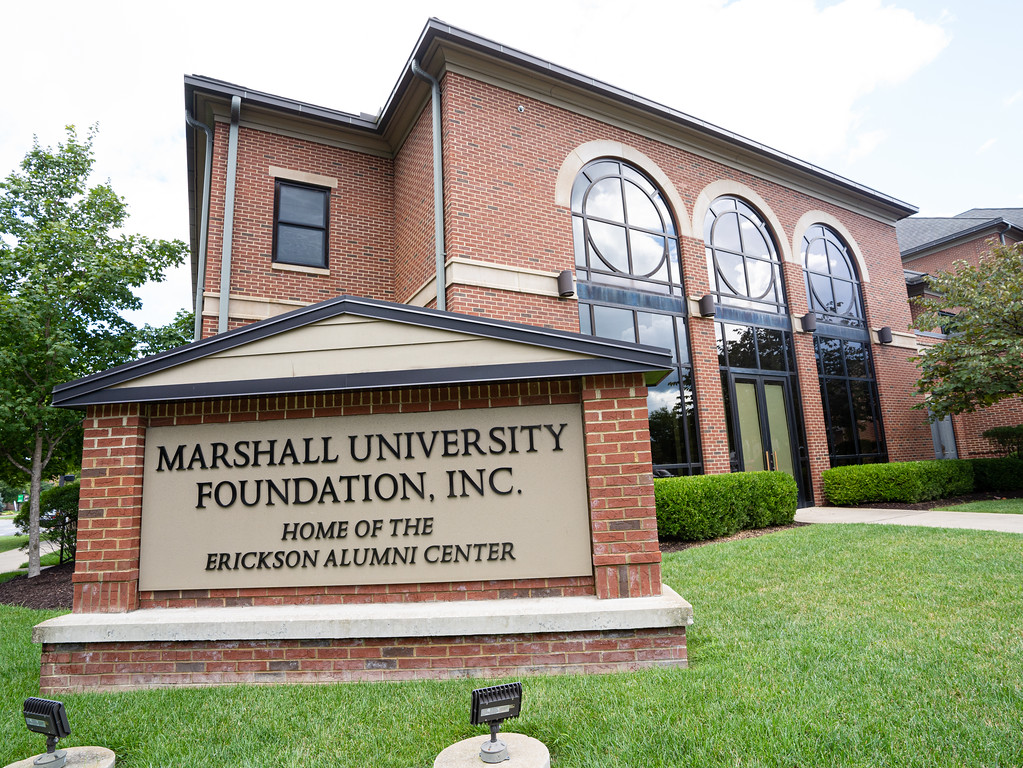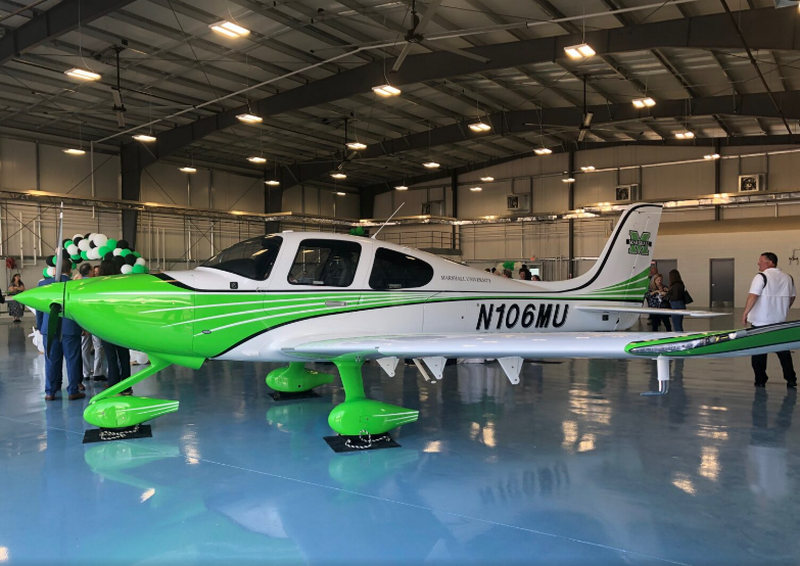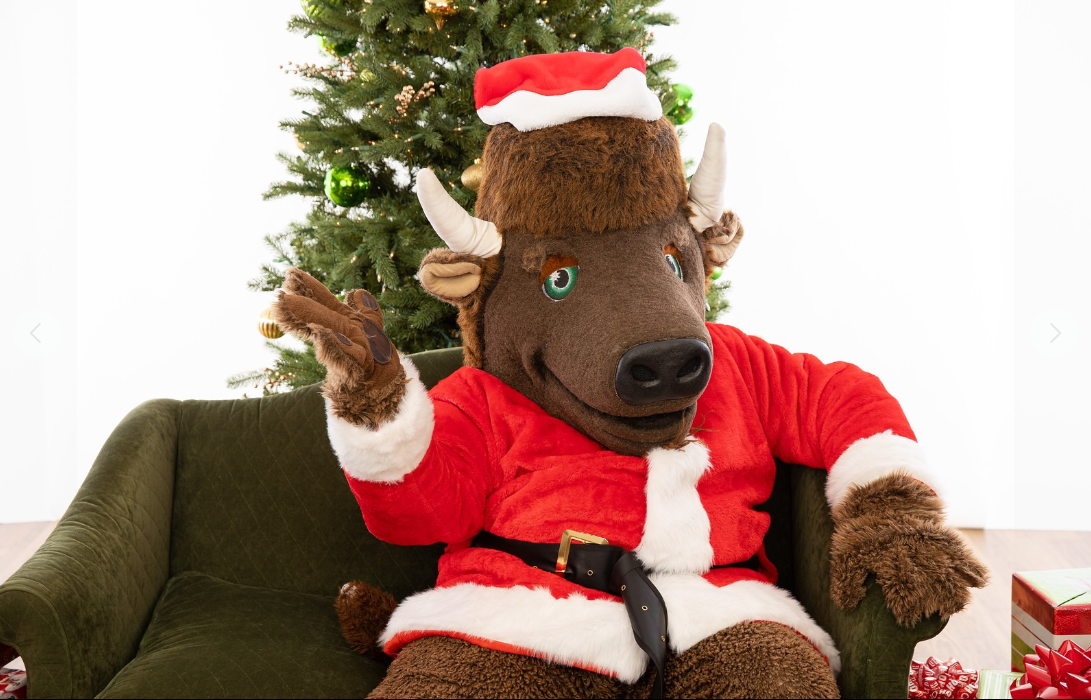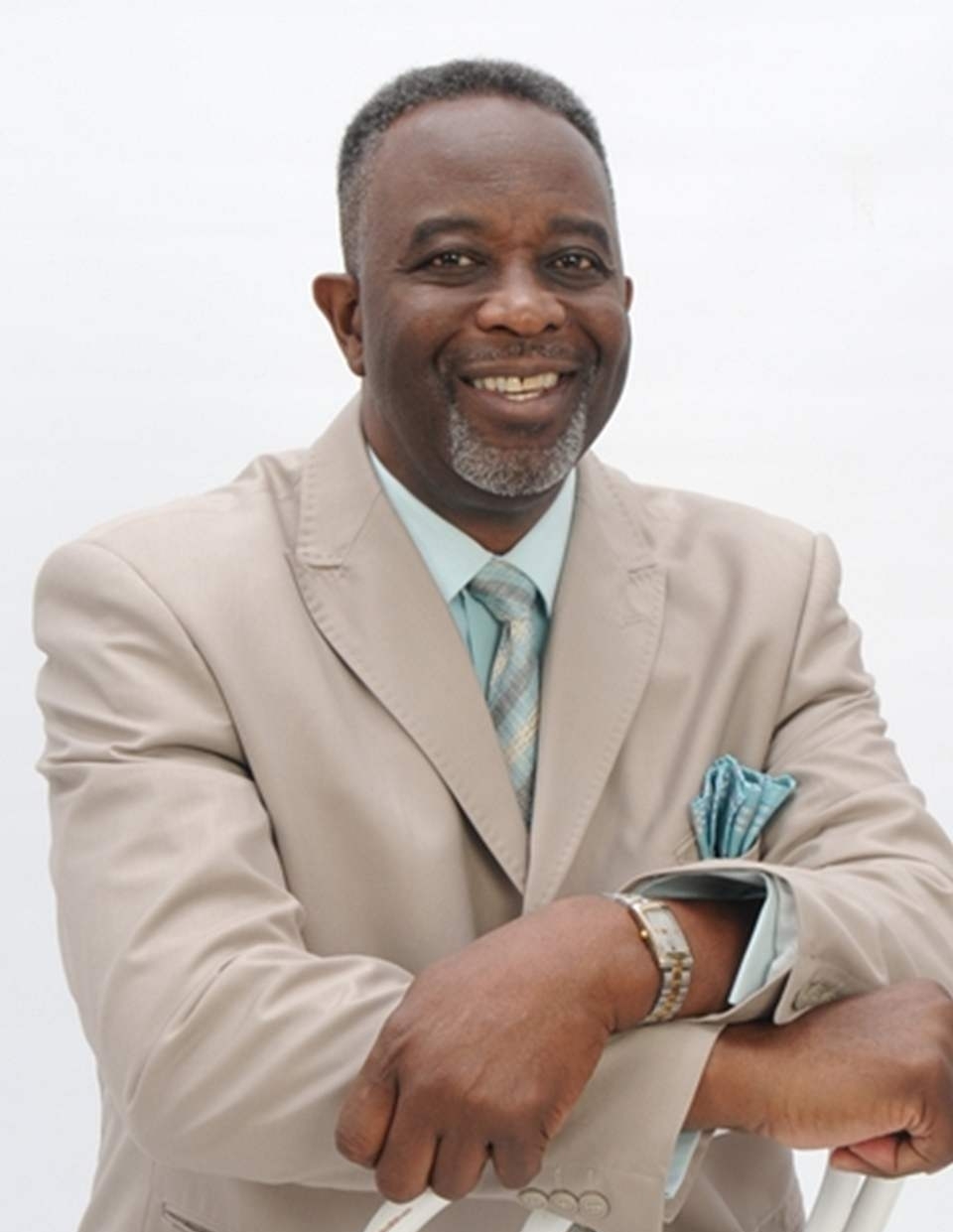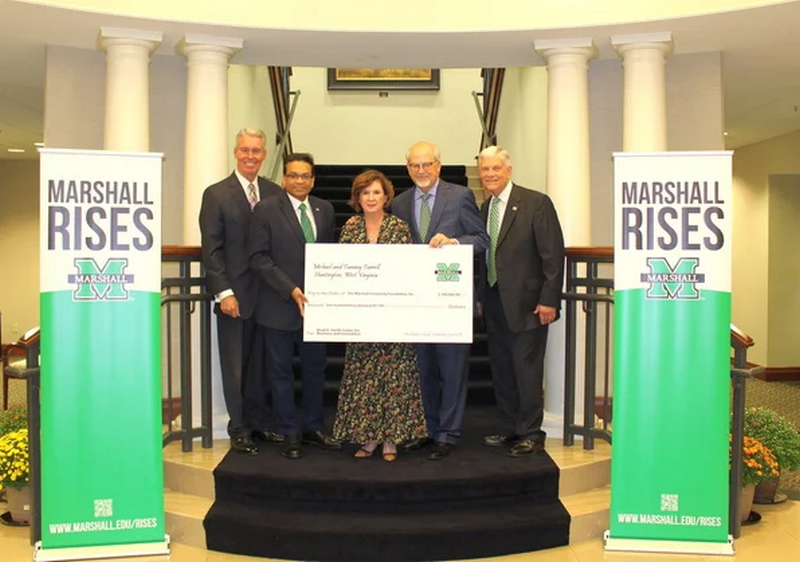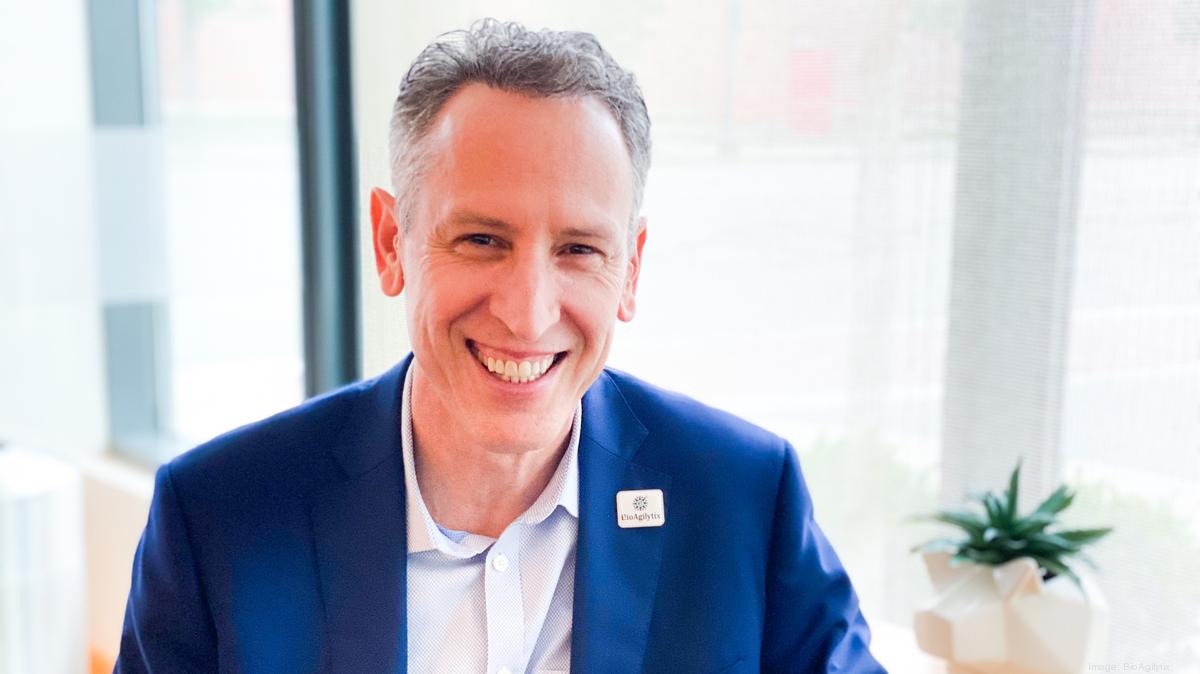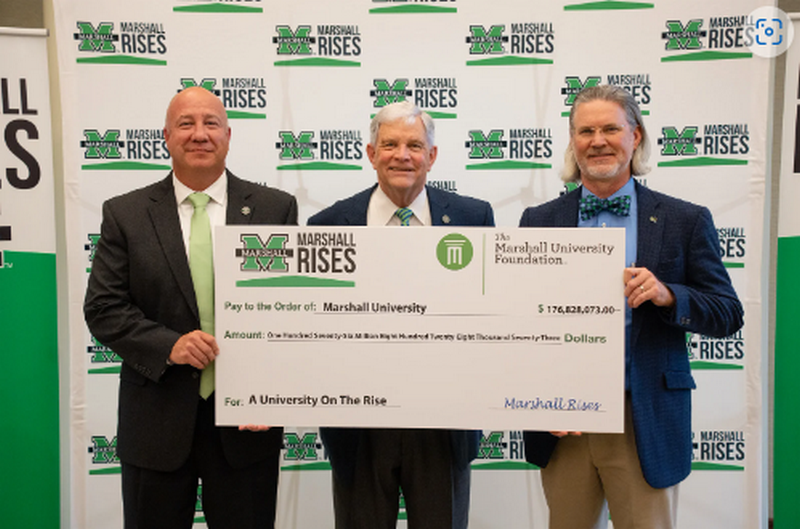Dr. Friday Simpson had an unconventional path to becoming a doctor.
Originally from Biloxi, Mississippi, Simpson flew from Panama City, Florida, to Phoenix, Arizona, as a commercial charter pilot for 14 years. After so long, Simpson decided to pursue what she had always loved – medicine.
With some encouragement from her late husband Ted, a Huntington native, she applied and was accepted at the Marshall University Joan C. Edwards School of Medicine with dreams of becoming a physician. The process is a bit different than learning to fly.
“In medical school, it just seems like it never quits. Twenty-nine graduate hours in medical school per semester, that was a lot tougher, much, much tougher than an undergraduate course. So yeah, the discipline was different,” Simpson said.
Simpson now has a scholarship for medical students who commit to practicing in rural West Virginia. She hopes to be a small part of keeping talented physicians in towns where they are needed the most.
Simpson knows the battle of completing medical school firsthand. She was diagnosed with lymphoma during her time in medical school, which forced her to put a pause on her studies. She believes her experience with cancer has given her compassion for her patients that she could have never had otherwise.

“That gives me a new perspective on compassion for people who are ill because nobody really knows what’s that’s like unless you’ve been there,” she said. “You know you go to a doctor; you’re having a checkup and they say you have cancer. That didn’t happen to me like that, but I know what happens to my patients a lot. And when they hear that word it is very devastating. It was devastating to me.”
Simpson now aims to give back in more ways than one, with compassion for her patients, and financial assistance that will empower the next generation of healers.
“You know, I could leave here today and not take a thing with me or whatever and make three times as much money working 40 hours a week and let everybody else take care of all the rest of it and not have a thought about it. But it doesn’t help our medical community if I do that.”
Simpson knows the financial strain placed on medical students after they graduate often makes them more likely to be forced to leave West Virginia or other rural communities. She believes scholarships will help more students say yes to staying where many want to be all along – home.
“So it may not be a whole lot, but every time that you lower $1,000 for them, it’s more likely that they might stay in this area to practice,” Simpson said.
Simpson now practices privately in Huntington and prefers the advantages, including the unconventional aspects she is allowed to bring into her office. Upon walking into her office, one will quickly see a few feline friends roaming the halls, and her reception area is less like a traditional doctor’s waiting area, but more like a living room in a home. Across the walls are photos of her and her husband taken on their many cruise trips. She says patients prefer the less intimidating feel of her office, and that private practice gives her more time to spend with each patient.
Simpson said she prefers working this way, even if she could make more money elsewhere. She knows where she is needed, and where she will make the most impact.
Simpson, like any doctor, knows the ups and downs that accompany the territory. Being a doctor comes with hard work and often having to give bad news.
“I’ve known when some of them are leaving here that it will be the last time I will see them. And we’ve told them that. That’s the hard part,” she said. “I’ve said, ‘This will probably be the last time that I see you as a patient.’ And then some of my patients have spouses that are ill that aren’t even my patients. And you can help them along to understand what they’re going through a little bit more.”
Although being a doctor has its heavy moments, there are also moments of success, healing and fun. Simpson’s personality and style have become a part of her everyday work.
“I think my patients see me a little bit differently, as more of a friend-kind of a doctor,” she said “In fact, they tell people this is my friend…I’m a family doctor. I enjoy joking…In fact, we were talking yesterday, if somebody comes in and I’m not joking, or laughing with them, or some sarcasm, that they think I’m ill, because they expect that after a while.”
Simpson doesn’t expect future students to follow in her exact footsteps but hopes some will be inspired to stay in the Mountain State. A little can go a long way, and it might be the difference for someone else.


